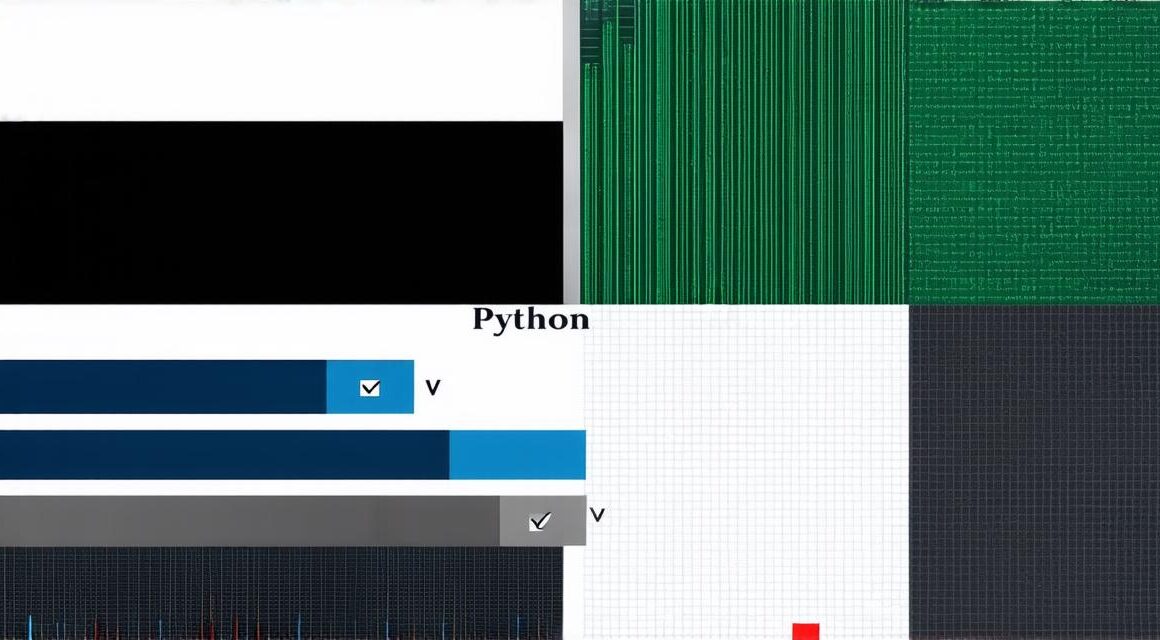Unity is a popular game engine that allows developers to create games for various platforms. One of its most appealing features is the free version, which can be used to create 2D and simple 3D games without incurring any costs. However, many developers are interested in monetizing their games using Unity’s free version.
Understanding Unity Free Version
Before we delve into the strategies for monetizing Unity free games, it is crucial to understand what the free version entails. The free version of Unity allows developers to create games with limited features and capabilities compared to the paid version. However, the free version still provides an excellent opportunity for beginners to learn and experiment with game development.
Some key features that are missing in the free version include:
- Advanced physics simulation
- Real-time rendering optimization
- Multiplayer support
- Properly licensed assets
- Advanced analytics
Despite these limitations, many developers still manage to create excellent games using Unity’s free version.
Strategies for Monetizing Unity Free Games
1. In-app Purchases
One of the most common ways to monetize Unity free games is through in-app purchases. In-app purchases are purchases made within the game itself and can include items such as virtual currency, items, or power-ups. These purchases can provide an additional revenue stream for developers while enhancing the player experience.
To implement in-app purchases, developers need to integrate a payment gateway into their game. Popular payment gateways include Google Play Store, Apple App Store, and Unity’s own iAP service. Developers should also ensure that they comply with relevant laws and regulations when it comes to online transactions.
2. Advertising
Advertising is another way to monetize Unity free games. Developers can display ads within their game, either in the form of banners or interstitial ads that appear between levels. Advertising can provide an additional revenue stream for developers while also enhancing the player experience.

To implement advertising, developers need to integrate an ad network into their game. Popular ad networks include Google AdMob, Facebook Audience Network, and Unity’s own Ads service. Developers should also ensure that they comply with relevant laws and regulations when it comes to online advertising.
3. Subscriptions
Subscriptions are another way to monetize Unity free games. Subscriptions provide a recurring revenue stream for developers by requiring players to pay a monthly or yearly fee to access the game’s full features. However, subscriptions should be used carefully as they can turn off potential players who are not willing to commit to a long-term subscription.
To implement subscriptions, developers need to integrate a subscription service into their game. Popular subscription services include Patreon, Substack, and Unity’s own Subscriptions service. Developers should also ensure that they provide sufficient value for the subscription fee and that the subscription model is transparent and easy to understand for players.
4. Donations
Donations are a way to monetize Unity free games that rely on community support. Developers can allow players to donate money to the game’s development by including a donation button in the game or on the game’s website. Donations can provide an additional revenue stream for developers while also fostering a sense of community around the game.



